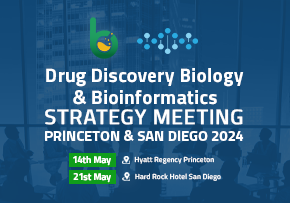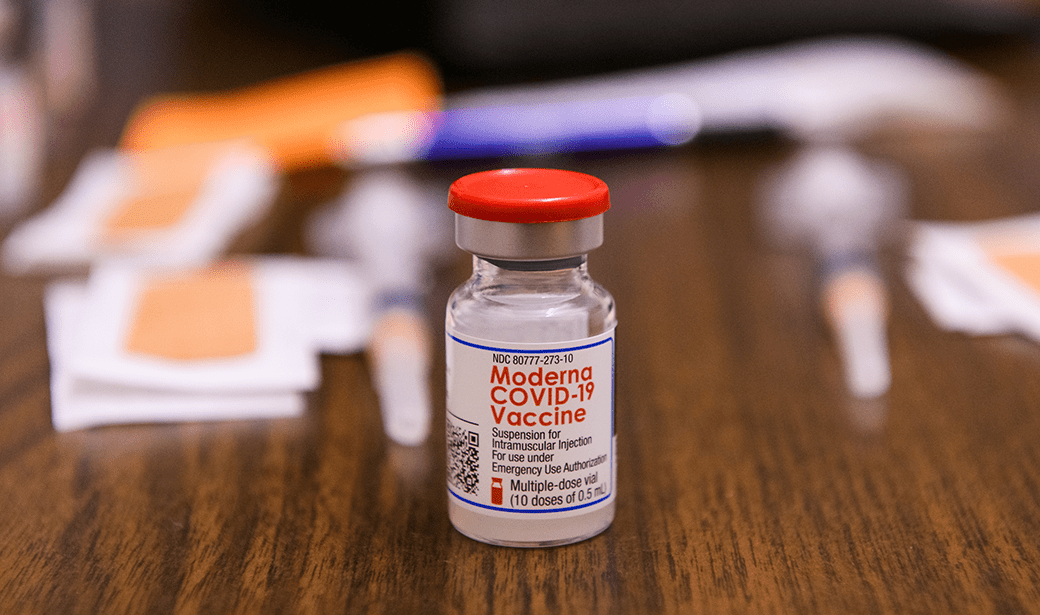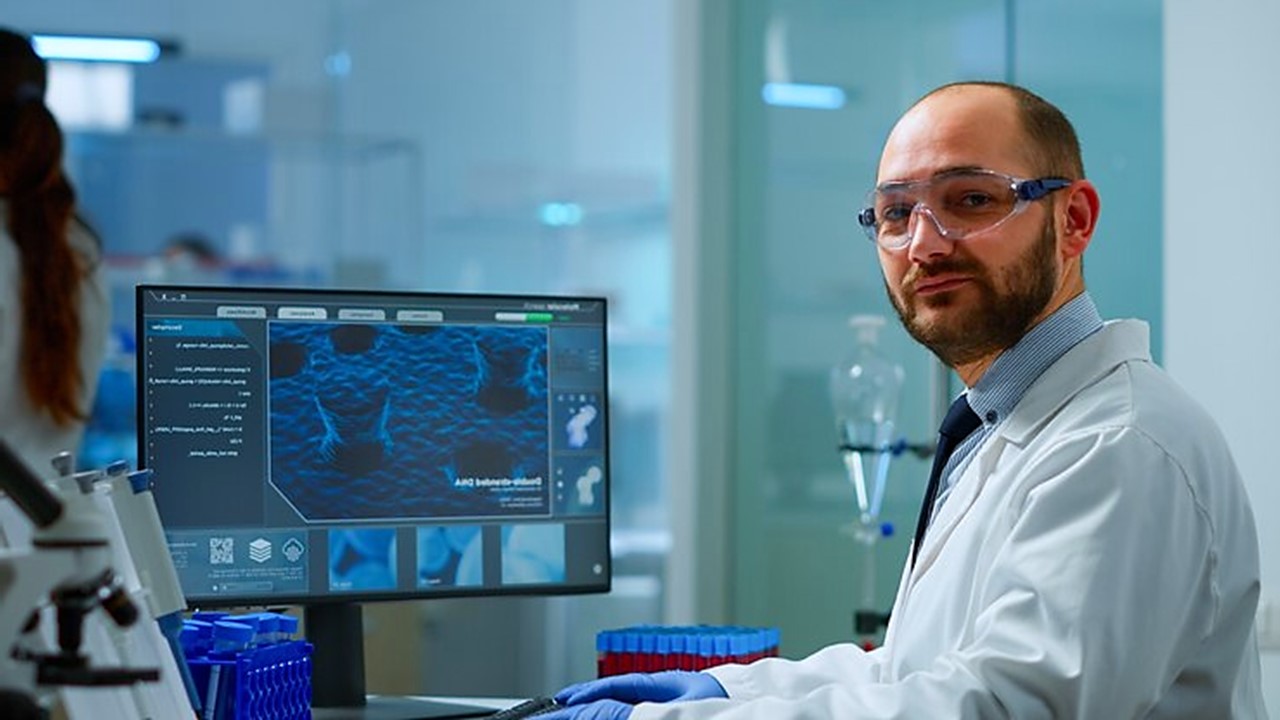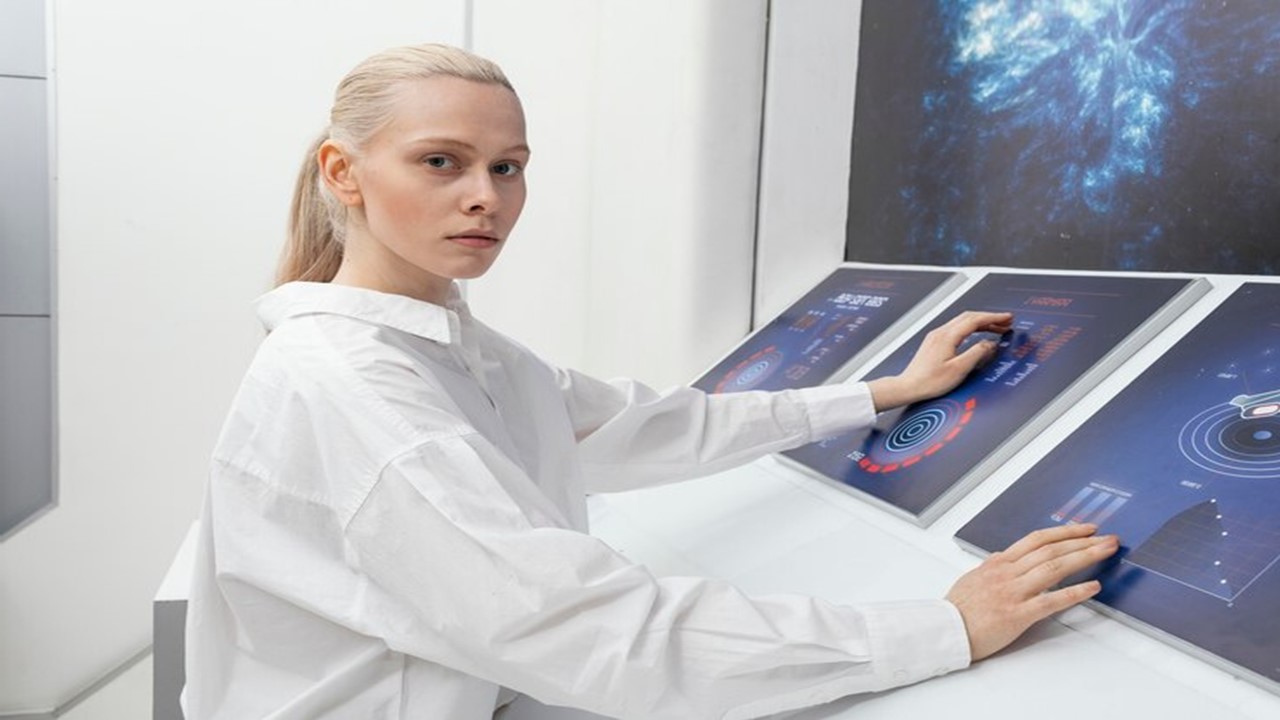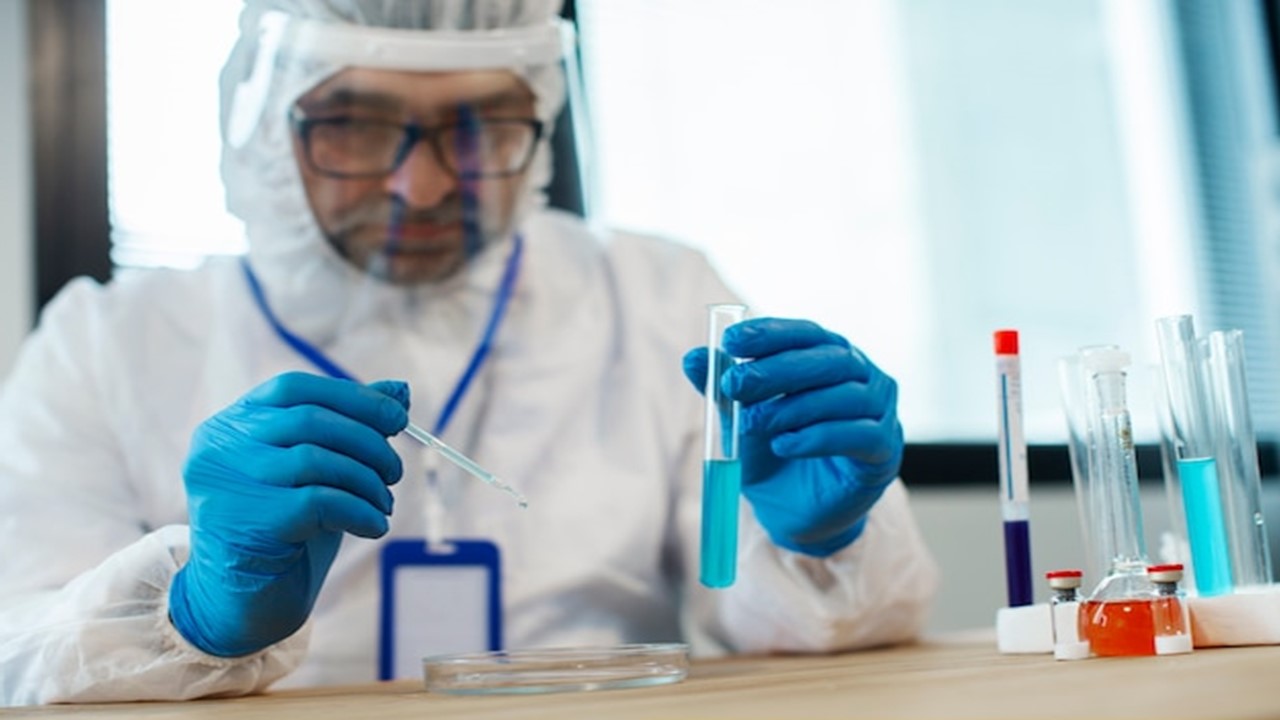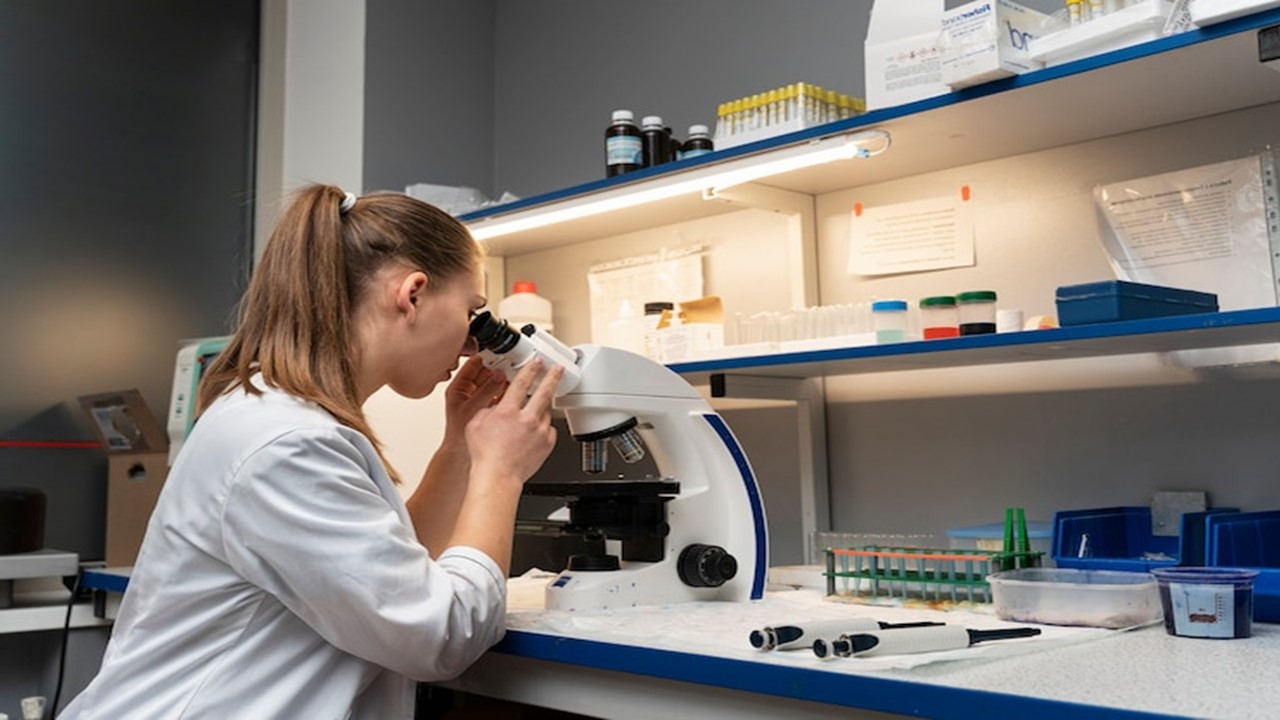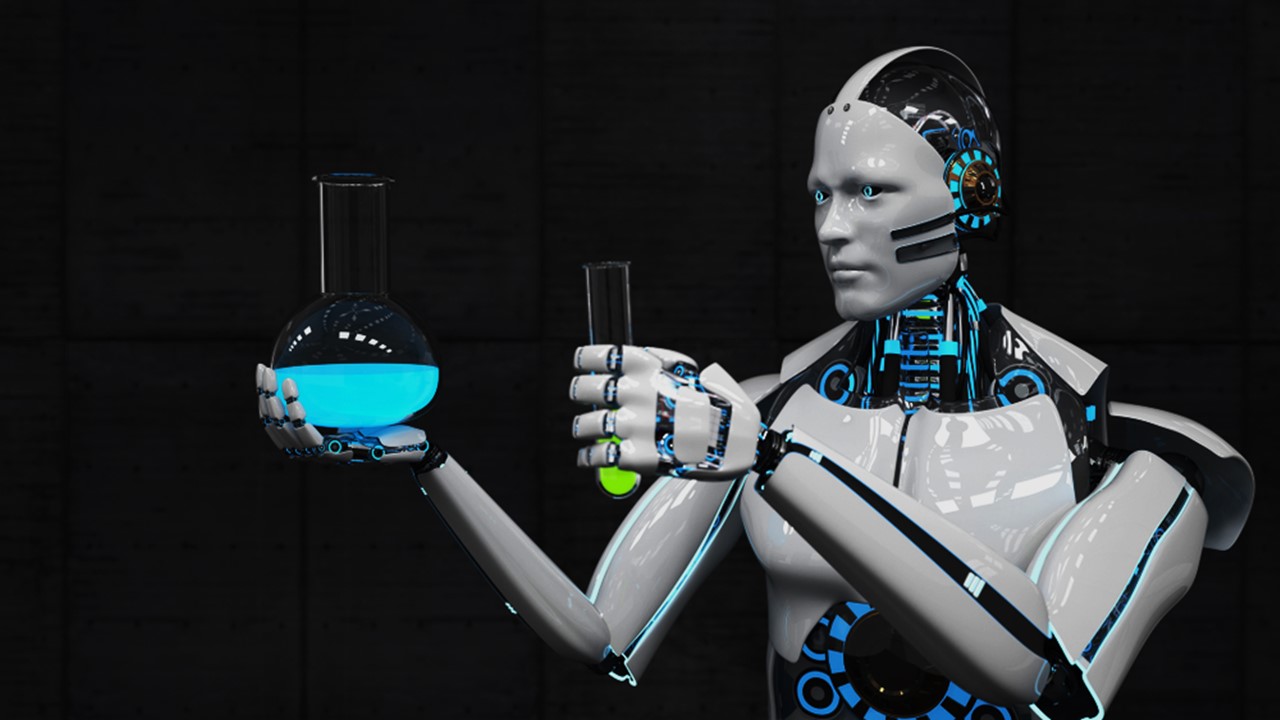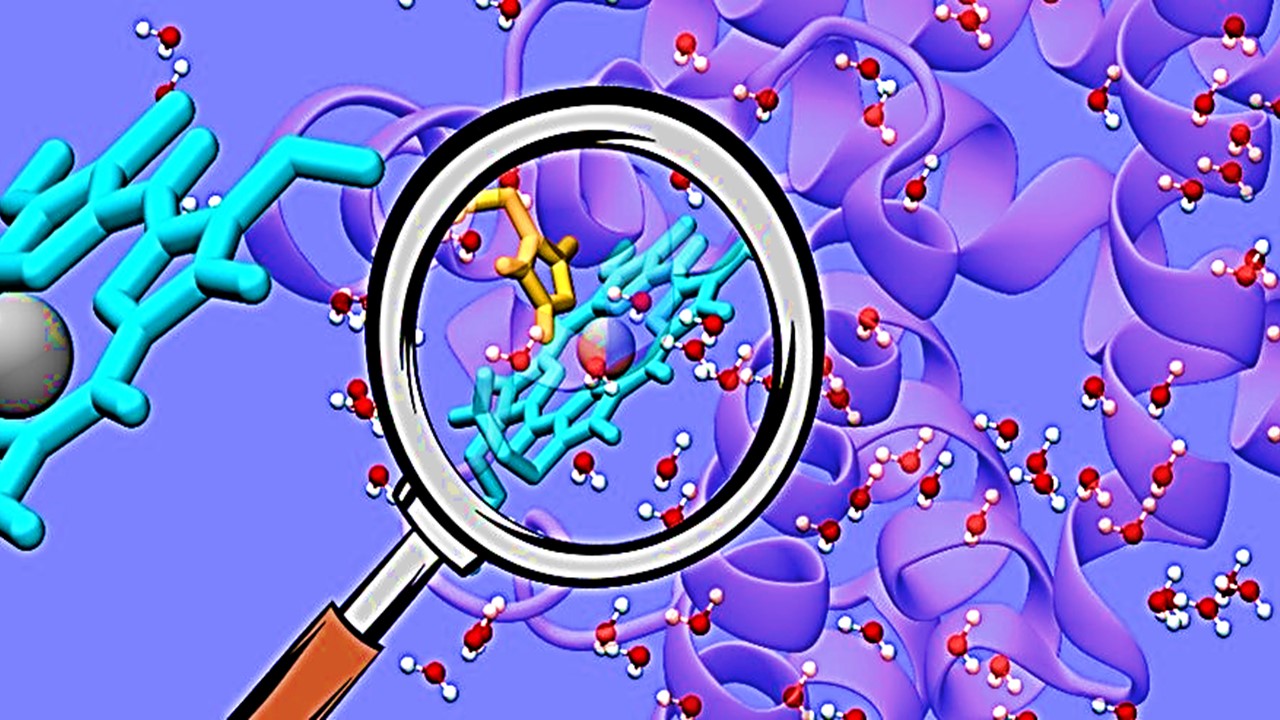The concept of a bio-based economy or bioeconomy has emerged as a critical paradigm shift in addressing major global challenges — environmental, economic, and social. Rooted in the transition from fossil fuels to renewable resources, particularly agriculture, the integrated bioeconomy promises a sustainable future. This article delves into the multifaceted contributions of biotechnology across key industrial sectors, exploring its transformative impact on sustainable development.
Biotechnological Renaissance
Recent years have witnessed a biotechnological renaissance, revolutionizing both agricultural and industrial practices. The proliferation of biotechnology products underscores its significance, with applications ranging from increasing agricultural productivity to the manufacturing of bulk and fine chemicals. In the agriculture sector, biotechnology not only enhances productivity but also contributes to value addition, diversification of produce, and environmental sustainability.
The pivotal role of biotechnology in agriculture is manifested through scientific approaches such as tissue culture, molecular breeding, and genetic engineering. These tools empower breeders to deliver high-quality crop varieties, aiding farmers in disease detection and industries in producing valuable molecules. However, despite the rapid adoption in some regions, ensuring global access to these technologies remains challenging, particularly in economically disadvantaged areas.
Tissue Culture’s Role in Crop Propagation
Tissue culture emerges as a crucial biotechnological tool, facilitating the propagation and conservation of vital crops with a vegetative mode of propagation. Its significance is exemplified by India’s recognition of numerous commercial tissue culture production units, ensuring farmers have access to clean planting materials for improved harvests. This technology represents a cornerstone in building resilient agricultural ecosystems.
Biotechnology in Agribusiness
Biotechnology’s impact extends to the production of biological products, including biopesticides, biofertilizers, and biostimulants. These innovations contribute to sustainable agriculture by combating pests, enhancing soil fertility, and promoting plant growth. The market dynamics of these bio-based products underscore the increasing global demand, emphasizing their role in fostering sustainable practices.
Genetically Modified Crops
The advent of genetically modified (GM) crops has transformed agriculture, providing solutions beyond agronomic benefits. The next frontier in genetic engineering focuses on crops enriched with essential nutrients, combating malnutrition and preventing diseases. Examples like golden rice and folate-enriched rice showcase the potential of biotechnology to address pressing health challenges.
Forestry Biotechnology
Beyond agriculture, biotechnology offers solutions for sustainable forestry practices, reducing lignin content in trees and optimizing wood processing. This holds tremendous promise for industries reliant on wood, such as paper and biofuel. The integration of biotechnological processes ensures cleaner and more environmentally friendly practices.
Fermentation and Enzyme Biocatalysis
Fermentation, a time-honored biotechnological process, continues to play a pivotal role in various industrial applications. From producing consumer goods to fine chemicals, it forms a cornerstone of the USD 127 billion fermentation industry. Additionally, enzyme biocatalysis, especially in food and technical applications, is a rapidly growing sector with potential environmental and economic benefits.
Biotechnology in Healthcare
The healthcare industry experiences a profound transformation through biotechnology, notably in biopharmaceuticals. Recombinant DNA technology has ushered in a new era, with biotechnological drugs accounting for a significant portion of the pharmaceutical market. The sector’s exponential growth is evident in its contribution to global cumulative sales and the forecasted dominance of biotechnology products in the coming years.
Harnessing Biotechnology for Inclusive and Sustainable Development
As the world grapples with the complexities of sustainable development, biotechnology emerges as a powerful ally. From revolutionizing agriculture to transforming industrial processes, its impact is profound. Nurturing biotechnological advancements requires a global commitment to capacity building, ethical considerations, and strategic partnerships. By harnessing the potential of biotechnology, nations can navigate the path toward inclusive and sustainable development, ensuring a prosperous and resilient future for generations to come.
Study DOI: 10.1016/j.nbt.2017.06.005
Engr. Dex Marco Tiu Guibelondo, B.Sc. Pharm, R.Ph., B.Sc. CpE
Editor-in-Chief, PharmaFEATURES

Subscribe
to get our
LATEST NEWS
Related Posts

Biomanufacturing
Matexcel’s Natural Extract Peptides: A Commitment to Quality and Innovation
Matexcel has recently introduced a novel series of natural extract peptide products designed for applications in food supplementation or cosmetic research.

Biomanufacturing
Therapeutic Protein Biomanufacturing Levels Up with Lonza’s Latest Platform
The TheraPRO® CHO Media System optimizes quality and productivity in cell line development.
Read More Articles
Synthetic Chemistry’s Potential in Deciphering Antimicrobial Peptides
The saga of antimicrobial peptides unfolds as a testament to scientific ingenuity and therapeutic resilience.


